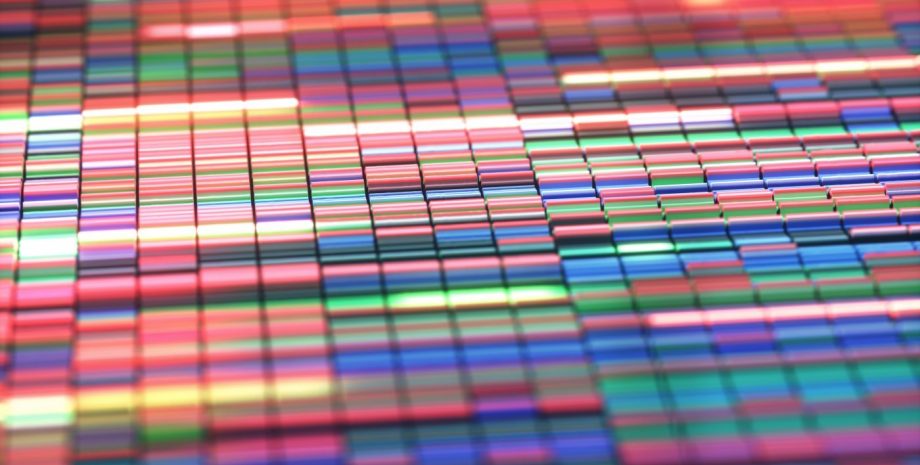

And increasingly, these consumer-facing genetic tests can tell you about risk factors associated with your health. Just this spring, one major testing company, 23andMe, received approval from the FDA to report on three different mutations of the BRCA1 and BRCA2 genes. Mutations to these genes can indicate increased risk of breast cancer in women, and increased risk of breast and prostate cancer in men. In addition to detecting these cancer-related mutations, 23andMe’s Health + Ancestry testing offers information about the risks of Parkinson’s disease, late-onset Alzheimer’s disease, celiac disease, and other, less common diseases and disorders.
Health systems like Hancock Health offer low-cost labs and testing of many types. And there’s a lot of important health information to be gleaned from knowing what’s in your blood and in your cells.
But the health testing provided by direct-to-consumer DNA tests like 23andMe has some pretty important fine print. Here are just a few of the things you should consider if you’re thinking of buying your own direct-to-consumer genetic test:
It Can’t Say For Sure That You Will Develop Certain Diseases or Conditions
Direct-to-consumer tests, like all genetic tests, occasionally generate false positives (showing risks that aren’t really there) and false negatives (failing to show risks that are there). Even when the tests are accurate, they show only your risk. A positive result for the genetic variant related to Parkinson’s disease, for example, may mean that you’re more likely than some to develop the disease. It’s not a guarantee that you will.
It Can’t Say For Sure That You Won’t Develop Certain Diseases or Conditions
Again, everyone taking any genetic test should know that false negatives and false positives happen. And while certain genetic variants have been linked with the development of diseases, other factors—and other genes—often play a part that the tests don’t evaluate.
The Breast Cancer Tests Aren’t Relevant for Everyone
Since getting FDA approval, 23andMe’s Health + Ancestry package does test for three of the most common BRCA1/BRCA2 mutations linked to breast cancer risk. However, these mutations represent a small fraction (from 2 percent to less than 0.1 percent, depending on ethnic background) of breast cancer cases in the United States.
Further, only 5 to 10 percent of breast cancers in the United States are thought to be hereditary. As 23andMe’s own website puts it: “Most cases of cancer are not caused by the genetic variants in this report. A person could have a variant not included in this test, or could develop cancer for other reasons.” 23andMe is not currently approved to test for thousands of genetic variants for breast cancer. So no matter what your result, you should be sure to get your mammogram when the time is right.
It May Cost Extra
At the moment, 23andMe’s Health + Ancestry testing costs twice as much as its Ancestry service alone. If you are most interested in the Ancestry information, and are thinking of the health information as a “nice to have,” you’ll probably want to weigh the pros and cons before ponying up an extra $100.
If You Want Better Information, You May Need to Talk to Your Doctor
If you’d like more comprehensive genetic testing, your doctor can order it, and your insurance may pay for it—but coverage is still spotty. Check with your insurance company before ordering a test that could put you on the hook for thousands of dollars if your claim is denied.
Conversely, the 23andMe test is available without a doctor’s orders and is relatively low-cost. But your insurance definitely won’t pay for it.
So will you ever be able to get reliable and comprehensive genetic health testing at a cost you can afford?
Health technology optimists think that you will. For one thing, they argue, the technology will only get better and cheaper. And as more and more people have their DNA tested, our global database of human genetic data will grow and improve, leading to better science and to treatments for diseases that are currently incurable.
In the meantime, Hancock Health offers a number of low-cost labs that can help you manage your overall health. Also, doing what you can today to improve your health tomorrow is always a great idea. We’ve got lots of tips and ideas that can help with that, too.